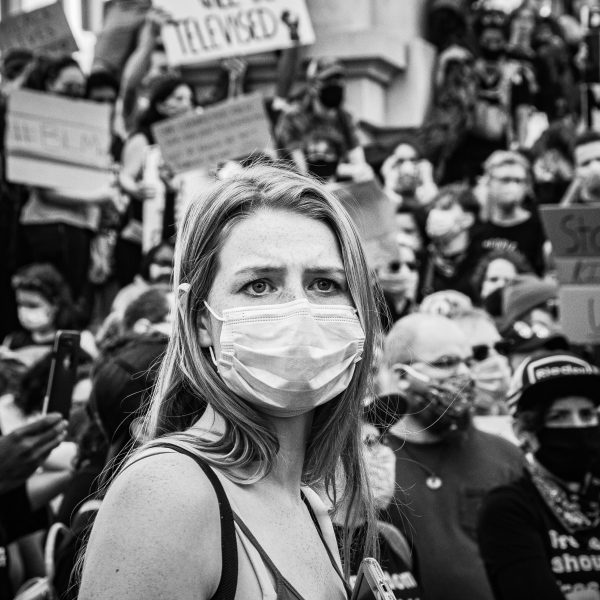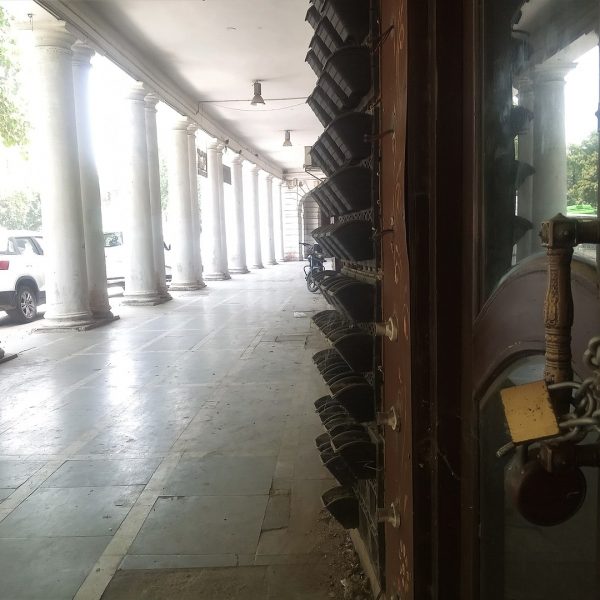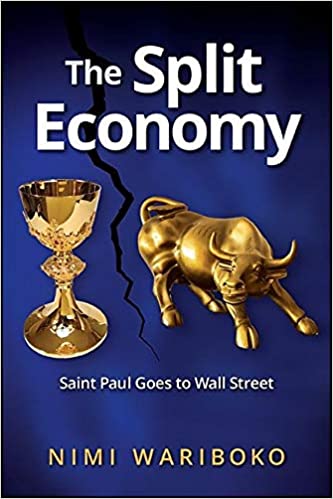
As a corrective to their corruption and total misconception of God’s character, Micah puts forth the disposition God requires – the triad to do justice, love mercy and walk humbly with God.
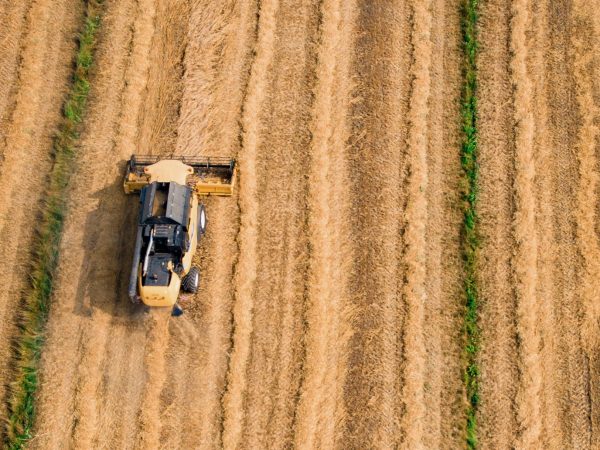
Trump’s “Big Beautiful Bill” proves little more than another big beautiful barn—a grandiose spectacle that obscures the damage inflicted on society’s most vulnerable communities.

If we put Amos’ critique in more contemporary language, the “trampling” and “levies of grain” decried in 5:11 are the twin burdens of rents and fees, which often led to cycles of impoverishment and debt slavery. The lifestyles of the rich are financed by extracting from the poor.

As literary works of speculative fiction, Octavia Butler’s Parable of the Sower (1993) and Parable of the Talents (1998) thrust us into an all-too-near future, offering a haunting perspective on what our world could entail by the year 2035. In 2024, however, Butler’s Parables are no longer mere imaginative forays into the future.

Most disciplines in the university are less about workforce development and more about various forms of thinking and knowledge. The idea seems to be that if we develop individuals in a broad sense, then that will spill over into workforce skills and productivity. While I do believe that in some sense this is true, I am not sure how much this is happening or how important it actually is.

What if Zephaniah’s addressees had a right to mourn, lament, and rage against the wrath of Yhwh? Afterall, Yhwh’s favor is fickle in Zephaniah, entirely contingent on a particular obedience and only coming after the divine wrath is spent.

While even his closest associates would lean towards dismissing the people to fend for themselves, [Jesus] invites the community of the wilderness into a divine economy of care. Sharing, as a physical manifestation of that care, requires a suspension of the belief that scarcity is the only reality available in the moment of want.
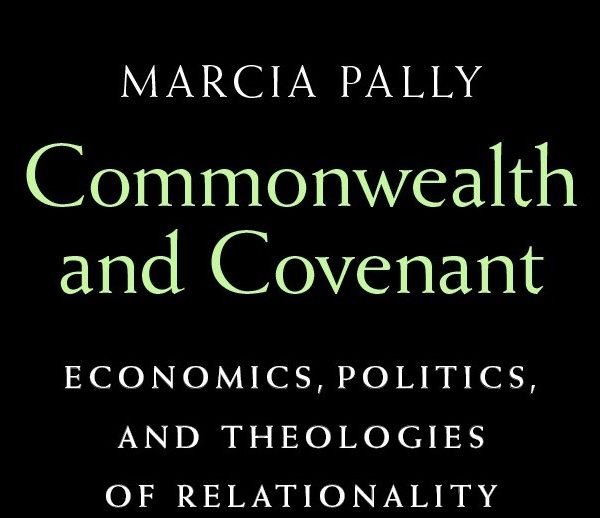
A second expression of relationality is covenant. It is a bond between distinct parties where each gives for the flourishing of the other. Unlike contract, which protects interests, covenant protects relationship.
